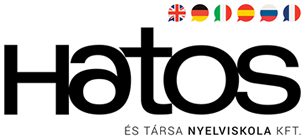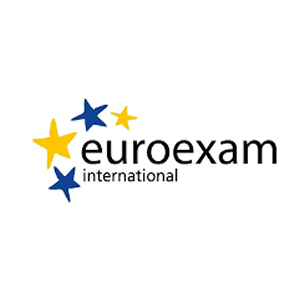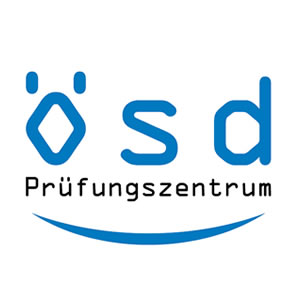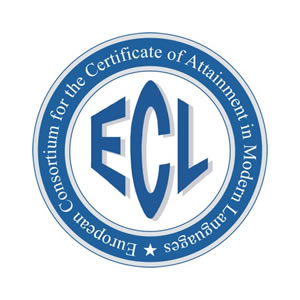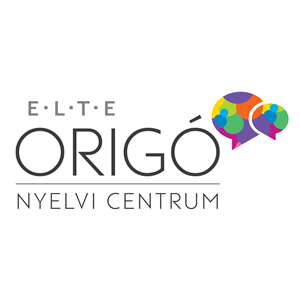
Language examinations
Do you need more information? Find out about each language exam!
General and professional language examinations can be taken in our language school, at elementary (B1), intermediate (B2) and advanced (C1) levels.
Requirements for the elementary (B1 level) language tests
- The B1 language examination assesses the knowledge of a foreign language required for simple foreign language communication in everyday situations and / or professional activities.
- The exam aims to test the following language skills and competences:
- The language user understands slow and clear colloquial speech on well-known topics (e.g., family, home, leisure, work, etc.). Minor misunderstandings are still common.
- The language user responds to the speech addressed to him, not losing the thread of the conversation. He is able to express his elementary needs, but at times he speaks inaccurately, with quite a few pauses.
- The language user understands simple written texts because, in addition to his active, minimum vocabulary, he has a proportionate, passive domain and knows the basic structures of the target language.
- The language user is able to create simple text on topics familiar to him and record it in writing.
- The language user knows the most basic everyday communication and cultural habits and conventions of the target language speech community.
- In the case of bilingual exams, the language user is able to translate simple target language texts into Hungarian and to translate Hungarian texts relatively accurately into the target language. The latter may contain formal, grammatical, lexical errors, but not serious errors.
Requirements for the intermediate (B2 level) language test
- The B2 level language test assesses the knowledge of foreign languages required for independent foreign language communication in everyday life and / or professional activities.
- The exam may focus on the following language skills and competencies:
- The language user understands the essence and nature of verbal communication, but there may be irrelevant details that he or she does not understand exactly. In addition to frequent conversational topics, he / she is able to apply this skill in professional language topics appropriate to his / her field of expertise.
- The language user is also able to interact with a native language partner in a continuous, varied and natural way, without having to search for words. However, he avoids more abstract lexical phrases, his speech is not idiomatic.
- The language user understands more complex and abstract written texts, no serious misunderstandings occur.
- The language user is able to create clear and detailed text, express his / her opinion, easily argue, and conduct analyses in general or professional topics. However, communication may contain stylistic errors, and language wording can sometimes be erratic.
- The language user is familiar with the most important everyday phrases and cultural habits as well as the conventions of the target language speaking community.
- In the case of a bilingual exam, the language user conveys more complex and abstract general and professional texts. His translations in the target language - although grammatically and mostly lexically correct - can often contain stylistic errors, circumscriptions instead of the usual expression.
Requirements for the advanced (C1 level) language test
- The language test measuring level C1 requires an assessment of the existence of a secure knowledge of a foreign language in everyday life situations and / or in professional life, which is necessary for communication in general and, what is more he/ she uses a full range of tools in the target language.
- The exam may focus on the following language skills and competencies:
- The language user understands both demanding, varied and long verbal statements entirety and in detail, which presupposes an understanding of hidden meanings as well.
- The language user speaks continuously, well-articulated, without disturbing accents, with precise accents and mostly correct intonation. He /she uses the more complex structures and established word relationships characteristic of the target language in a natural rhythm. He constantly - even if not professionally - talks about even more abstract topics.
- Language comprehension is confident even in case of written texts on varied topics and styles.
- The language learner is able to create clear, detailed, well-edited, practically error-free text for general, professional and academic purposes, in line with the spirit of the target language.
- The language user knows the common literary language, recognizes non-standard language variants and is able to observe the linguistic-cultural habits and conventions of the target language with the help of his / her proficiency.
-
In the case of a bilingual exam, the language user interprets the information content of the original text in detail, with the application of the appropriate register. In case of translation in the target language, he / she conveys the gist in a clear and fluent style in accordance with the linguistic-cultural norms of the target language.
